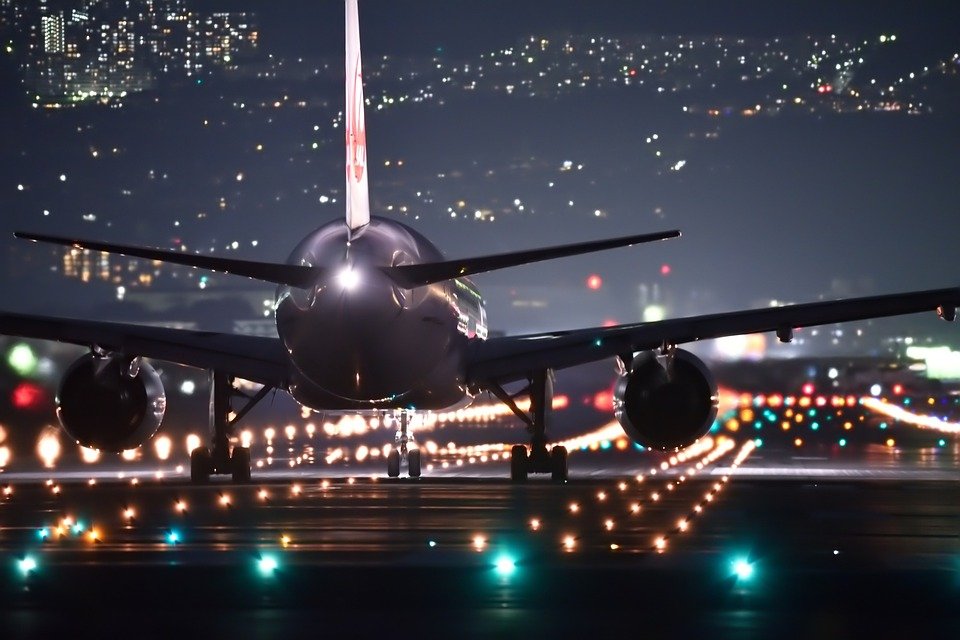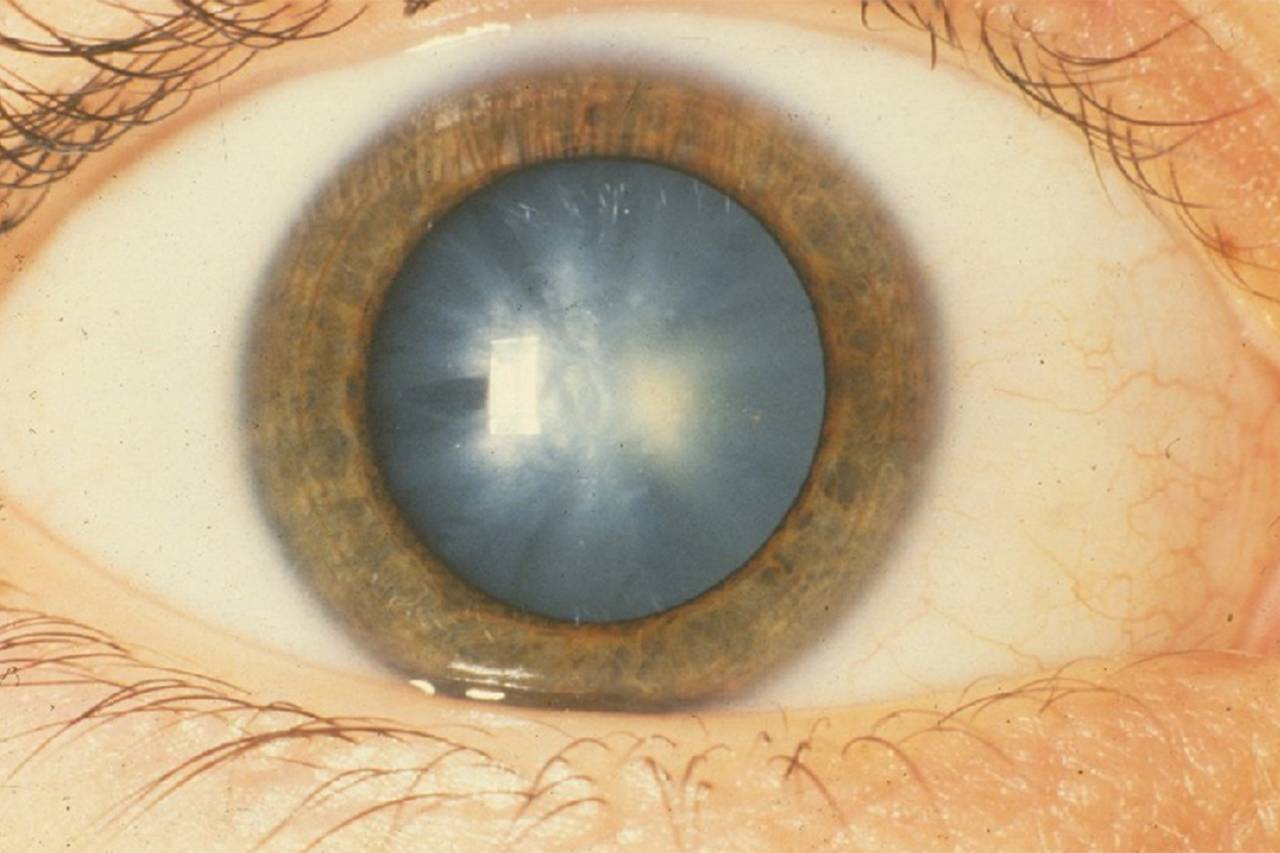
Introduction: Cataract surgery is a common procedure that helps millions of people regain their vision every year. However, after undergoing the surgery, patients need to take some precautions to avoid any complications. One of the questions that many people ask is whether it is safe to fly after cataract surgery. In this post, we will answer that question and provide some helpful tips to make your journey as comfortable as possible.
- Is it safe to fly after cataract surgery? Flying after cataract surgery is generally safe. However, you should wait at least 24 hours after the procedure before taking a flight. This waiting period allows your eyes to heal and reduces the risk of complications. If you have any concerns or questions, it is best to speak with your eye doctor before making any travel plans.
- What precautions should you take when flying after cataract surgery? When flying after cataract surgery, you should take some precautions to protect your eyes and prevent any discomfort. Here are a few tips to keep in mind:
- Avoid rubbing your eyes or putting pressure on them.
- Wear sunglasses to protect your eyes from the bright light and glare.
- Use artificial tears to keep your eyes moist and prevent dryness.
- Use a neck pillow to prevent any jarring movements.
- Avoid reading or looking at screens for long periods to reduce eye strain.
- What are the risks of flying after cataract surgery? While flying after cataract surgery is generally safe, there are some risks you should be aware of. The changes in air pressure during takeoff and landing can cause discomfort, especially if you have had recent eye surgery. In rare cases, it can also lead to complications like bleeding or swelling in the eye. However, the risk of these complications is low, and most people can fly safely after cataract surgery.
Conclusion: Flying after cataract surgery is generally safe, as long as you take the necessary precautions and wait for your eyes to heal. By following the tips outlined in this post, you can make your journey more comfortable and reduce the risk of any complications. As always, it’s best to speak with your eye doctor before making any travel plans to ensure that you are ready for the trip.
How long do you have to wait to fly after cataract surgery?
If you’ve recently undergone cataract surgery, you’re probably eager to resume your normal activities, including travel. However, flying after cataract surgery requires careful consideration to ensure a smooth and safe recovery. In this article, we’ll explore how long you have to wait to fly after cataract surgery and what precautions you should take to protect your eyes and aid in your recovery.
How Long Should You Wait to Fly After Cataract Surgery?
The recommended waiting period before flying after cataract surgery varies depending on several factors, such as the type of surgery, the individual’s overall health, and the flight duration. Generally, most patients are advised to wait at least 1-2 weeks after their surgery before flying. This allows enough time for the eye to heal and reduces the risk of complications such as eye pressure changes, dry eyes, or infection.
If you have undergone laser-assisted cataract surgery or have any other complications such as corneal edema, inflammation, or bleeding, your surgeon may advise you to wait for a longer period before flying. Additionally, if you have any pre-existing eye conditions or other health concerns, it’s best to consult with your surgeon before making any travel plans.
Precautions to Take When Flying After Cataract Surgery
To ensure a safe and comfortable flight after cataract surgery, consider taking the following precautions:
- Wear Protective Eyewear: Sunglasses or eye shields can protect your eyes from dust, debris, and UV rays during the flight.
- Use Eye Drops: Dry eyes are a common symptom after cataract surgery, and the dry air in the plane’s cabin can worsen the condition. Use artificial tears or prescribed eye drops as directed by your surgeon to keep your eyes hydrated.
- Avoid Touching Your Eyes: Avoid rubbing or touching your eyes during the flight, as this can increase the risk of infection.
- Stay Hydrated: Drinking plenty of water can help you stay hydrated and reduce the risk of dry eyes.
- Avoid Heavy Lifting: Lifting heavy bags or suitcases can increase eye pressure and strain, which can be harmful to the eyes after cataract surgery. Try to avoid heavy lifting for at least a few weeks after the surgery.
Conclusion
Flying after cataract surgery requires proper care and precaution to ensure a safe and smooth recovery. While the waiting period may vary, it’s best to wait at least 1-2 weeks before flying and to consult with your surgeon before making any travel plans. By taking the necessary precautions such as wearing protective eyewear, using eye drops, and avoiding heavy lifting, you can make your flight comfortable and enjoyable while protecting your eyes.
Does altitude affect cataract surgery?
Cataract surgery is a procedure that involves removing the cloudy lens in the eye and replacing it with an artificial one. While this surgery has a high success rate, patients often have concerns about various factors that could impact their recovery. One common question that arises is whether altitude affects cataract surgery. In this blog post, we’ll explore the relationship between altitude and cataract surgery and provide some insights to help you make an informed decision.
First, let’s understand what altitude means. Altitude is the measurement of how high an object is above sea level. High-altitude areas are characterized by low air pressure, which can affect the way our bodies function. This is why people with heart and lung conditions are advised to avoid high-altitude areas. However, it is important to note that the altitude that can cause problems varies depending on an individual’s health, age, and other factors.
When it comes to cataract surgery, there is no evidence to suggest that altitude affects the success rate of the procedure. That being said, it is important to take certain precautions when planning a trip to high-altitude areas after undergoing cataract surgery. The most crucial factor is to give your eyes ample time to heal after the surgery before traveling to high-altitude areas. Typically, your eye surgeon will advise you to avoid any strenuous activities that may increase eye pressure, including air travel, for several days after surgery.
After you have received clearance from your eye surgeon, you should also take certain precautions when traveling to high-altitude areas. For example, it is important to stay hydrated and avoid alcohol and caffeine, as they can dehydrate you and cause further eye irritation. You may also experience dryness and redness in your eyes due to the low humidity in high-altitude areas. To prevent this, you can use artificial tears to keep your eyes lubricated.
In conclusion, while altitude does not directly affect the success rate of cataract surgery, it is important to take certain precautions when traveling to high-altitude areas after the procedure. By giving your eyes ample time to heal and taking steps to prevent eye irritation, you can ensure a smooth recovery and enjoy your travels without any worries. Remember to always consult with your eye surgeon before making any travel plans to ensure a safe and successful recovery.
Is it safe to fly 3 days after cataract surgery?

Cataract surgery is a common procedure that involves the removal of the cloudy lens in the eye and replacing it with a clear, artificial lens. It is a safe and effective procedure that improves vision and enhances the quality of life for millions of people every year.
If you are planning to fly soon after cataract surgery, you may be wondering if it is safe to do so. In this post, we will explore this question and provide you with some tips to ensure a safe and comfortable flight after cataract surgery.
Is it safe to fly 3 days after cataract surgery?
The answer to this question depends on several factors, such as the type of surgery you had, your age, overall health, and the length of your flight.
In general, most patients can fly three days after cataract surgery, as long as they follow certain precautions. However, it is always best to consult with your eye doctor or surgeon before flying, as they can provide you with personalized advice based on your unique situation.
Tips for a safe and comfortable flight after cataract surgery
Here are some tips to ensure a safe and comfortable flight after cataract surgery:
- Avoid strenuous activities: For the first few days after surgery, it is important to avoid any strenuous activities, including heavy lifting, bending, and exercising. This is because these activities can increase pressure in the eye and potentially cause complications.
- Wear sunglasses: Wearing sunglasses can help protect your eyes from bright sunlight, which can be especially intense at high altitudes. Make sure to choose sunglasses with 100% UV protection and wraparound frames to provide maximum coverage.
- Use eye drops: Your eye doctor may prescribe eye drops to prevent infection and reduce inflammation after surgery. Make sure to bring these drops with you on your flight and use them as directed.
- Use a travel pillow: A travel pillow can help you get more comfortable during your flight and prevent you from accidentally bumping your eye.
- Drink plenty of water: Staying hydrated is important during a flight, especially if you are taking medication or wearing contact lenses. Make sure to drink plenty of water and avoid alcohol and caffeine, which can dehydrate you.
- Avoid rubbing your eyes: Rubbing your eyes can increase the risk of infection and cause discomfort. If your eyes feel dry or itchy, use artificial tears to lubricate them.
In conclusion, flying after cataract surgery is generally safe, as long as you take the necessary precautions and follow your doctor’s advice. By following the tips above, you can help ensure a comfortable and stress-free flight after cataract surgery.
Does flying affect eye pressure?

Flying can be a thrilling experience, but for those with eye problems, it can also cause some concern. One such concern is whether flying can affect eye pressure. In this blog post, we’ll explore the link between flying and eye pressure and provide you with some useful tips to ensure your eye health remains in top shape during your travels.
First, let’s take a closer look at what eye pressure is and how it affects your eyes. Eye pressure, also known as intraocular pressure, is the pressure exerted by the fluids in the eye. When this pressure becomes too high, it can cause damage to the optic nerve and result in vision loss.
Now, let’s address the question – does flying affect eye pressure? The answer is yes, it can. The change in altitude during a flight can cause a temporary increase in eye pressure. The reduced atmospheric pressure in the cabin can cause a decrease in oxygen levels, which can lead to an increase in eye pressure. This is especially true for those who already have high eye pressure or are at risk of glaucoma.
So, what can you do to prevent this from happening? Here are some tips to help you keep your eye pressure in check during your next flight:
- Stay hydrated: Drinking plenty of water before and during your flight can help keep your eye pressure in check.
- Use eye drops: Eye drops can help relieve dryness and reduce eye pressure. It’s a good idea to bring them with you on your flight.
- Take breaks: Get up and move around the cabin every so often to help regulate your eye pressure.
- Avoid caffeine and alcohol: Both caffeine and alcohol can dehydrate your body, which can lead to an increase in eye pressure. It’s best to avoid them before and during your flight.
- Use compression stockings: These stockings can help improve circulation and reduce the risk of blood clots, which can cause a sudden increase in eye pressure.
In conclusion, flying can affect eye pressure, but with proper precautions, you can minimize the risks. Staying hydrated, using eye drops, taking breaks, avoiding caffeine and alcohol, and using compression stockings are all effective ways to keep your eye pressure in check during your next flight. Safe travels!
